
Russia readies provocation with Wagner fighters to drag Belarus in Ukraine war
Ukraine’s Security Service has uncovered a plan by Russia to carry out a terrorist attack on an oil refinery in Belarus to blame Ukraine and drag Minsk into war
This was reported by the Security Service of Ukraine (SBU).
The SBU has received intelligence confirming that Russians are planning to organise a major false flag provocation at the Mozyr Oil Refinery in Belarus.
According to law enforcement, the terrorist attack at the refinery is being prepared by career military personnel of the Russian Armed Forces and agents of the Russian special services who came to Belarus as Wagner soldiers. This Russian sabotage group plans to act as Ukrainian saboteurs and arrange a provocation at the refinery.
It is reported that Russia wants to blame Ukraine for this and try to involve Minsk in the full-scale war.
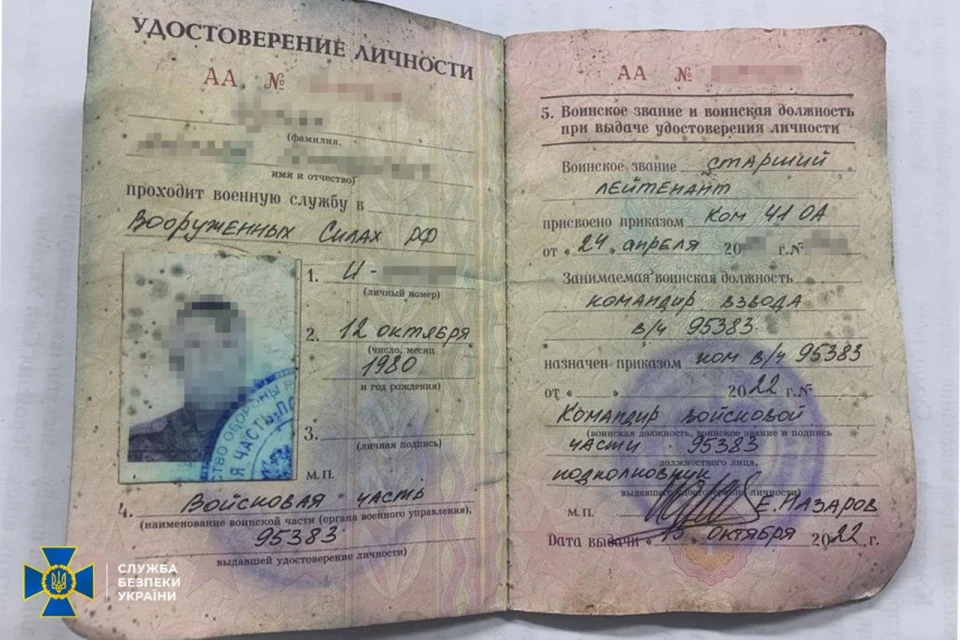
"The SBU received information about the planned terrorist attack in Belarus from several sources. In particular, from the testimony of a serviceman of the Russian Armed Forces, who was captured by Ukrainian defenders in the Zaporizhzhia sector. Also, SBU cyber specialists recovered and analysed information on the captured Russian mobile phone," the press service explained.
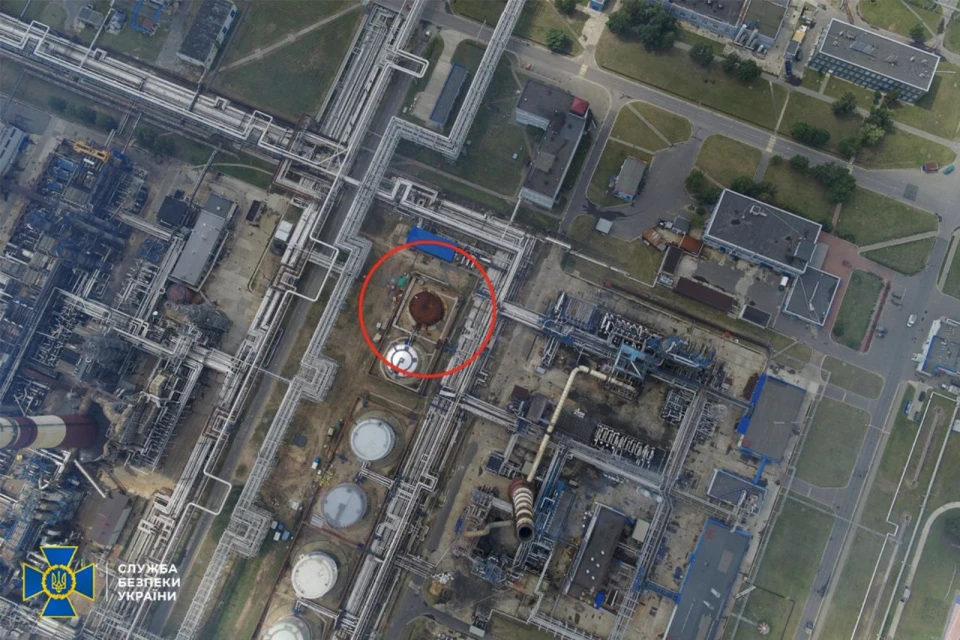
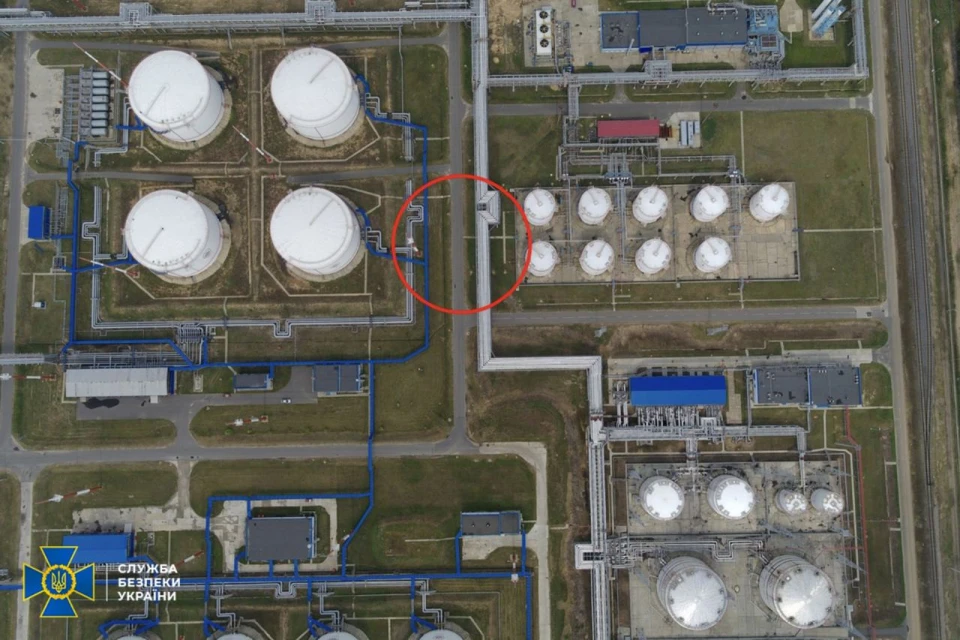
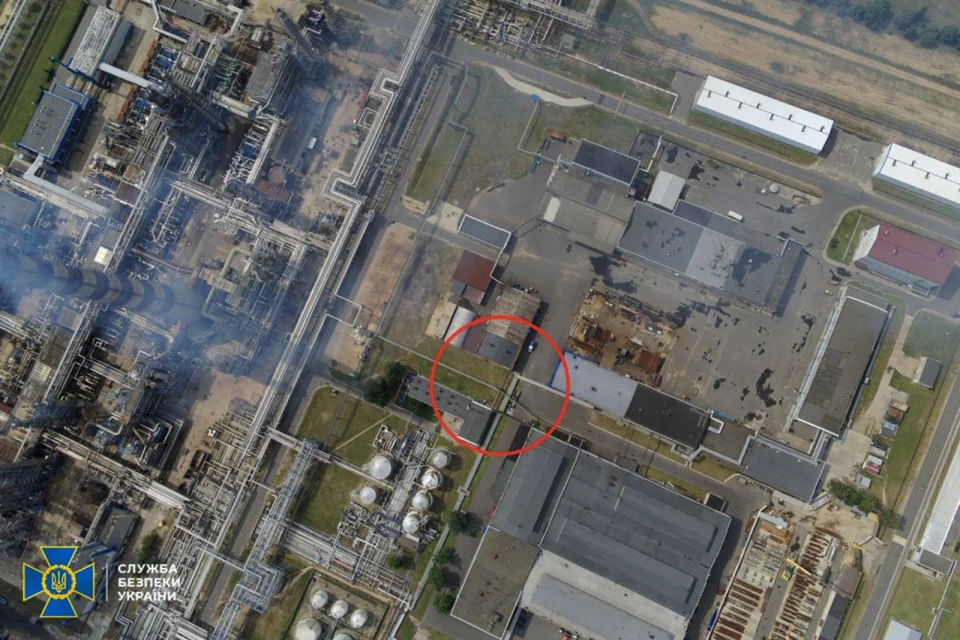
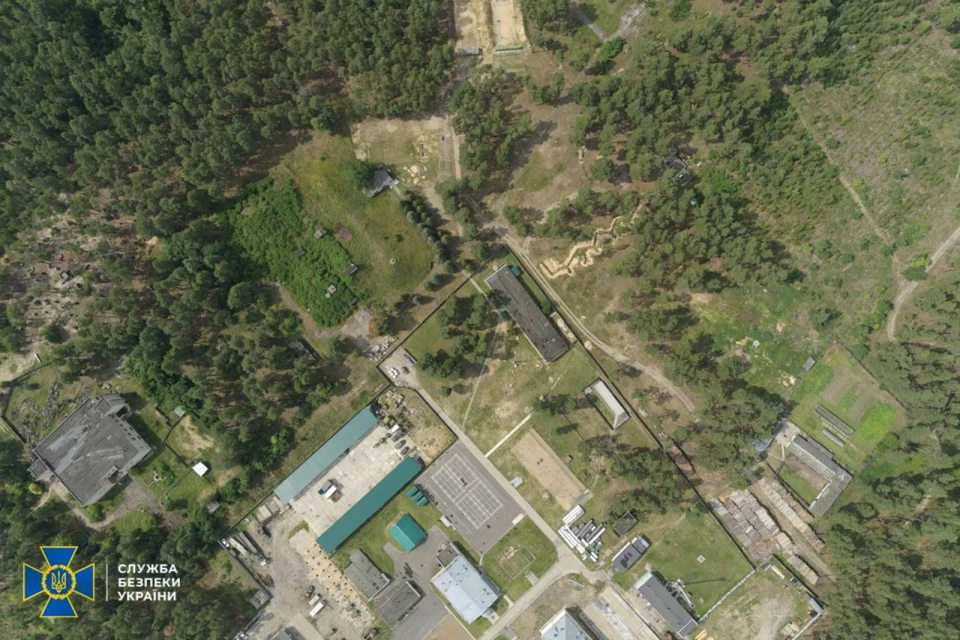
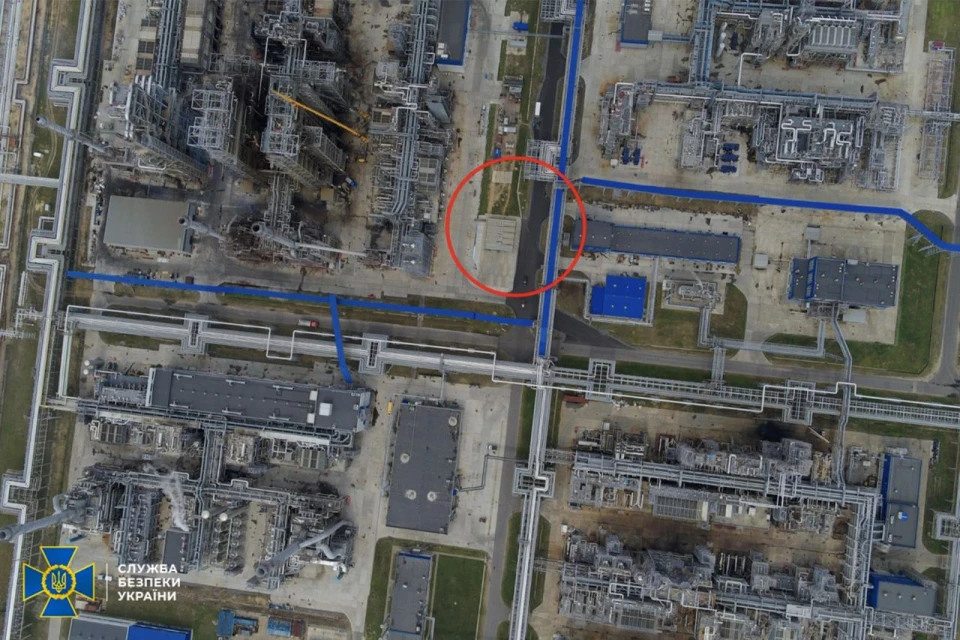
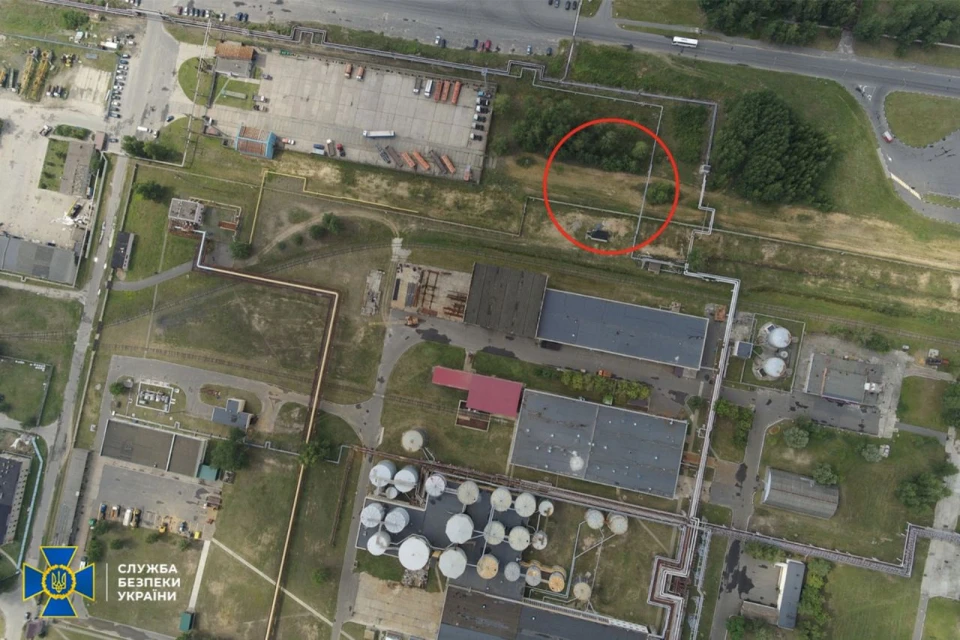
Photo: Security Service of Ukraine
It has been established that the Russian soldier previously took part in battles against the Defence Forces in the south, and then received an order to move to Belarus under the cover of the Wagner private military company. At his new duty station, he learned about a special mission at the Mozyr Oil Refinery.
SBU cyber specialists seized deleted correspondence with other participants, photos of the facility and additional information about the operation from his phone.
Kyiv warned the Belarusian army against participating in the full-scale war against Ukraine:
“Every invader who crosses the border of our state will be destroyed by our Security and Defence Forces”
How the Wagner Group’s mercenaries ended up in Belarus
After the mutiny of Wagner PMC leader Yevgeny Prigozhin in late June, the Kremlin announced the relocation of Wagner mercenaries to Belarus.
On June 27, self-proclaimed President of Belarus Alexander Lukashenko confirmed the arrival of Yevgeny Prigozhin in the country. According to him, Wagner mercenaries who arrived with him will not guard the Russian tactical nuclear weapons deployed there. However, Lukashenko emphasized that he expects the mercenaries to help in the defense of Belarus, without specifying the potential source of the country's perceived threat.
On June 29, a satellite recorded the construction of a tent camp near Asipovichy in the Mogilev region of Belarus, and on July 3, Russian media published a photo of an alleged Wagner camp.
On July 11, the Belarusian Ministry of Defense stated that the Wagner mercenaries would train the Belarusian army.
On July 14, media reported that training sessions with units of the territorial troops were taking place near Asipovichy (Belarus), where Wagner PMC fighters were acting as instructors in some military disciplines.
On the morning of July 15, a large convoy of cars and trucks with license plates of the so-called DPR and LPR was spotted in Belarus. Ukraine’s State Border Guard Service confirmed that those were mercenaries of the Wagner PMC.
On Sunday, July 16, the Belarusian Hajun monitoring group reported that two flags - of Russia and the Wagner PMC - had been installed at the checkpoint on the border between Belarus and Russia.
Wagner Group announced that on July 30, their main base in the Russian Federation, located in the village of Molkino in Krasnodar Krai, would be closed.
On July 19, a sixth convoy with Wagner PMC fighters arrived in Belarus.
On July 19, Wagner PMC financier Yevgeny Prigozhin addressed Wagner fighters in Belarus, calling the situation at the front a "disgrace" and urging mercenaries to "wait for the moment to show their full potential."
On July 20, it was reported that another convoy with Wagner fighters arrived in Belarus, which became the ninth since Wagner moved to Belarus, Belarusian Hajun monitoring group writes.
As of the morning of July 20, Wagner mercenaries continue to arrive in Belarus, but do not pose a threat to Ukraine.
Later, on July 23, self-appointed President of Belarus Alexander Lukashenko announced the desire of the mercenaries from the Russian Wagner PMC to "go on an excursion" to Poland. The same day, it was reported that the tenth column of Wagner's mercenaries, which included at least ten pieces of equipment, had arrived in Belarus.
The ISW stated that there is no evidence that Wagner's mercenaries in Belarus have the heavy weapons necessary for a serious offensive against Ukraine or Poland.
On July 25, the 11th column of Wagner's mercenaries arrived in Belarus, this time with armored vehicles. The convoy included at least 29 vehicles. It was also revealed who led them in Belarus.
On July 27, the National Resistance Center reported that Wagner PMC units were looking for people in Belarus who were ready to fight against Lithuania and Poland. Also the same day Belarusian Hajun monitoring group reported that the twelfth column of Wagner's PMC, which included at least 50 pieces of equipment, had arrived in Belarus.
On July 28, 13th convoy of mercenaries with at least 80 vehicles arrived in Belarus.
On July 29, Polish Prime Minister Mateusz Morawiecki announced that more than 100 Wagner fighters had gone to the Suwalki corridor.
On July 31, the Wagner PMC had suspended the work of its regional recruitment centers "indefinitely." And Prigozhin revoked the vacations of employees and ordered them to arrive in Belarus by August 5.
Another location of Wagner PMC was discovered in Belarus near Asipovichy, where mercenaries are using warehouses.
- News











































